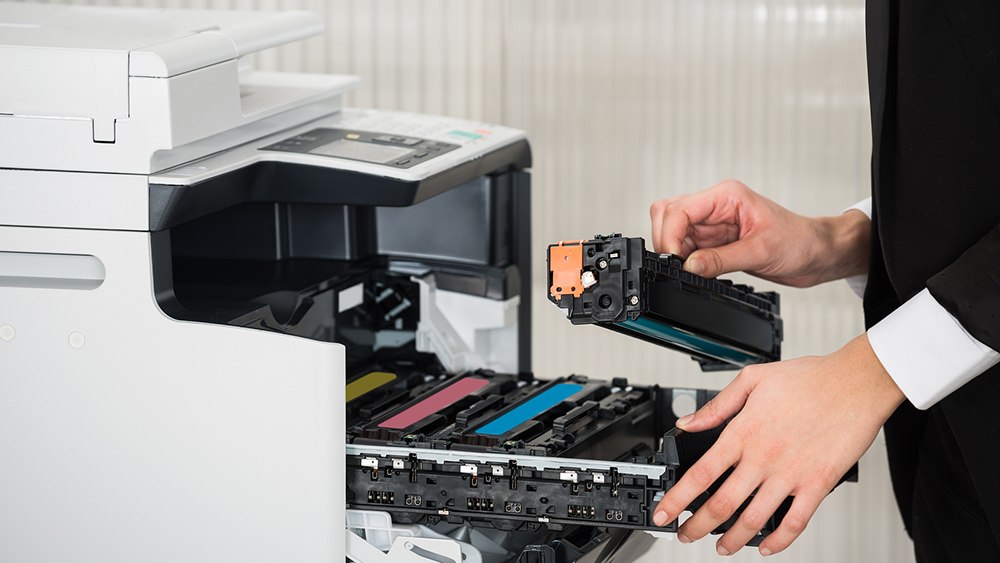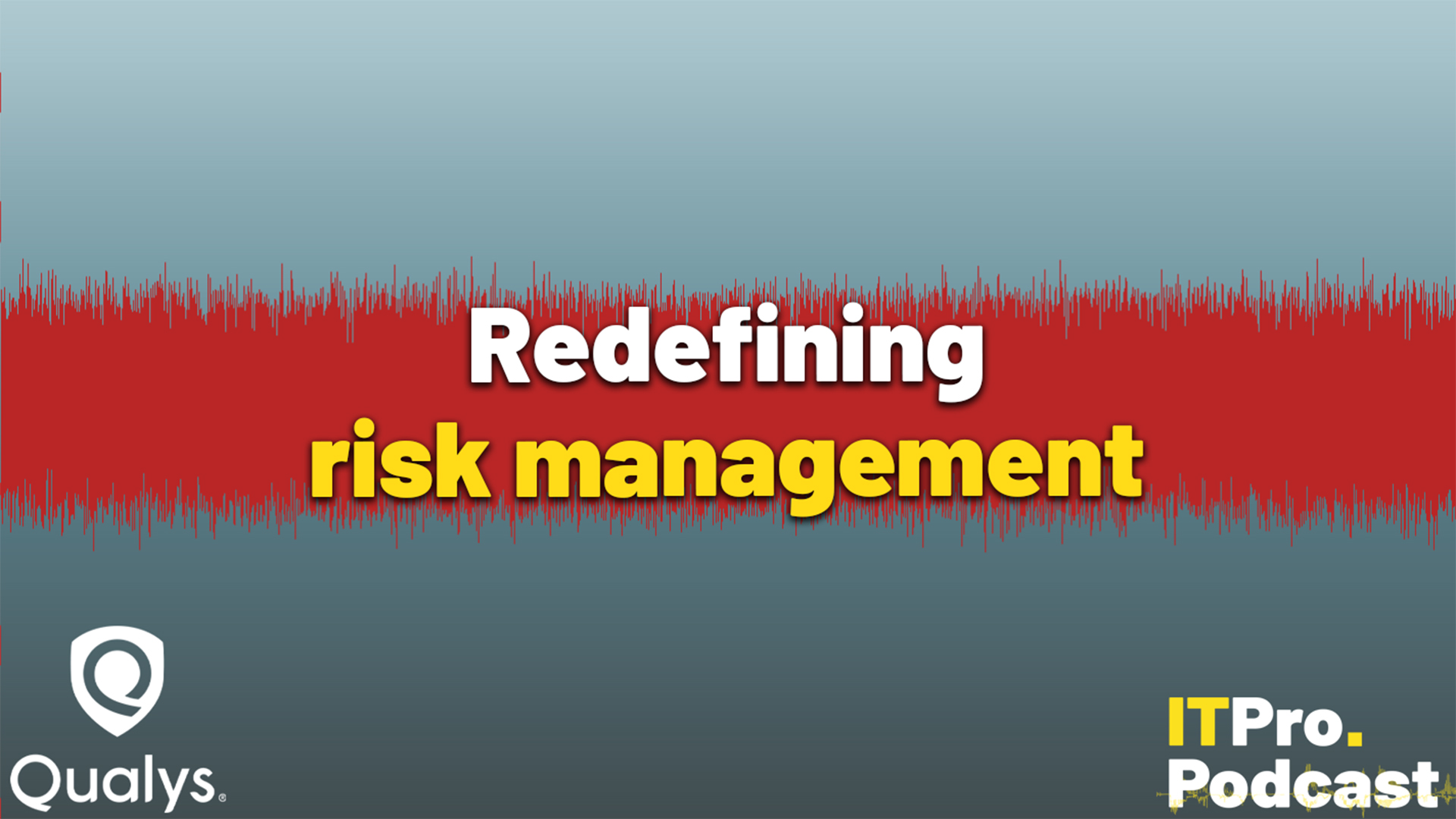The benefits of managed print services
Outsourcing printer management can save businesses time and money. So how can MPS providers convey the benefits to potential clients?


Stay up to date with the latest Channel industry news and analysis with our twice-weekly newsletter
You are now subscribed
Your newsletter sign-up was successful
Traditionally, businesses would buy a range of printers, scanners and photocopiers for the different departments within the business. Their own IT team is generally responsible for the upkeep, like ensuring the ink and toner are stocked up, software is working and printer hardware is maintained. IT managers and decision makers do their best to match the printer fleet to business requirements, while providing scanning and document management capabilities to minimise paperwork and drive costs down.
Managed print services (MPS) takes a different approach, however, delivering printing, scanning and copying capabilities not through a set of products, but as a complete service. The deployment and management of all the hardware is outsourced to a single company, the MPS provider, who also handles consumables and maintenance, plus a print and document strategy, advice and support.
It is about more than just overseeing printers, and can include photocopiers, fax machines and anything else that generates paper. An MPS contract also normally includes managing all in-house printing and data capture devices.
If you offer managed print services, here are just some of the benefits your services can bring to other businesses.
Key benefits of MPS
One obvious benefit is that the workload of purchasing, maintaining and updating the firm’s printers shifts from the internal IT team to the external provider, but MPS can also reduce printing costs, save time, transform working practices and boost productivity.
Another benefit for organisations is cost savings. MPS providers look for ways to rationalise and consolidate an organisation's printers, replacing many large, old laser printers or single use devices with a smaller number of newer, better distributed, faster devices or multi-function printers with all the necessary functions built in. This cuts down the size of their printer fleet without compromising productivity.
MPS providers also help to reduce waste by helping businesses better make use of high-quality draft modes, duplex printing and other features that cut down the amount of ink, toner and paper that they get through.
Stay up to date with the latest Channel industry news and analysis with our twice-weekly newsletter
Because it’s your job as the provider to maintain the printers and keep them running with a steady stream of supplies, MPS can also help reduce support costs and free up client's IT teams to spend time on other projects. This also minimises the time their employees spend waiting for printers to be fixed or working out the right settings.
MPS providers know all about printing, but they’re also experts at scanning and document management. That puts them in a good place to recommend new processes or working practices that can help clients reduce waste, cut down on paper-based file storage and share information more effectively.
They can also help support printing and scanning from mobile devices, or even from outside the office, through the cloud. This supports a more flexible working style, by giving workers the full range of printing and scanning capabilities, or allowing hot-deskers to print to the nearest printer from wherever they are.
Analyst house IDC has estimated that simply moving from self-managed printers to MPS can save a business 30% of its printing costs, and there’s scope to go further by rethinking how print is used in the business.
MPS makes printing costs predictable, and can free up office space wasted on bulky printers and copies so that businesses have the freedom to put it to more productive use.
Esther is a freelance media analyst, podcaster, and one-third of Media Voices. She has previously worked as a content marketing lead for Dennis Publishing and the Media Briefing. She writes frequently on topics such as subscriptions and tech developments for industry sites such as Digital Content Next and What’s New in Publishing. She is co-founder of the Publisher Podcast Awards and Publisher Podcast Summit; the first conference and awards dedicated to celebrating and elevating publisher podcasts.
-
 Redefining risk management
Redefining risk managementSponsored Podcast With a Risk Operations Center (ROC), leaders can proactively crack down on cyber risks instead of simply reacting to them
-
 Anthropic promises ‘Opus-level’ reasoning with new Claude Sonnet 4.6 model
Anthropic promises ‘Opus-level’ reasoning with new Claude Sonnet 4.6 modelNews The latest addition to the Claude family is explicitly intended to power AI agents, with pricing and capabilities designed to attract enterprise attention
